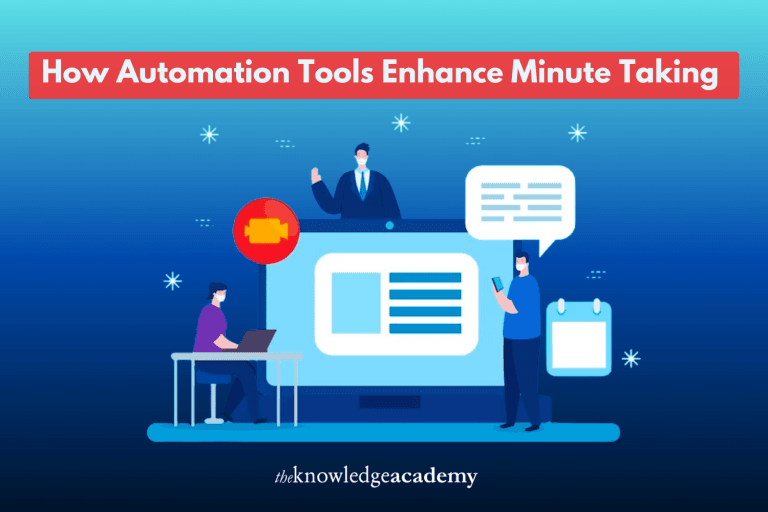There is a reason that it feels good to score a win in a game, no matter how small. These instances strike your brain swiftly, harshly, and frequently. That immediate success, whether it is beating a level, unlocking a reward, or hitting a personal best, gives you a rush. Are you getting better in 5 minutes? Load a game and hunt that little win.
Instant Mood Boost from Quick Wins
Even the little wins in games are not only feel-good, they are biochemical. When a level is beaten, it releases dopamine, the so-called reward chemical. Platforms like Melbet live casino work the same way—quick rounds, clear rewards, and that instant hit of excitement. It is the same neurochemical that comes into play after an exercise or when you consume something you like. Games do it quicker and at any time. That is why they are so satisfying, even in short bursts.
Even a couple of minutes of gaming may raise your spirits if you win quickly. This is particularly good at puzzle games, mobile arcade challenges, or speed-based mini-games. You do something little, but your brain takes it as success. The win is not the size of the win; it is the feedback loop. You do something good, and the game pays you off right away. Such a response system is potent.
Confidence Through Skill Development
Games develop confidence in making you realize that progress comes with hard-earned merit. You become better at what you do, and your mind finds the missing links: hard work = progress. This is why games are frequently applied to real-life situations.
Important how games enhance confidence:
- Seeable improvement: You can see and be rewarded for your progress.
- Challenge to mastery: Games are adjusted to your level of advancement.
- Safe failure: There is no judgment; you can do it again.
- Self-paced: You are in charge and not a teacher or a coach.
You are not just running away. You are showing yourself that you are capable of learning, adapting, and overcoming, even when it is one step at a time.
How Game Mechanics Shape Emotions
Choices made in game design not only alter the gameplay, but they also alter the way you feel when playing. Mechanics directly impact your mindset, responses, and inspiration. Similar to football betting, where timing, stakes, and outcomes influence your emotional highs, games use structure to keep you engaged. It could be pacing, reward timing, or difficulty balance. The system behind the screen is manipulating emotional keys you may not even be aware of.
Positive Feedback Loops and Motivation
Games are designed to engage you, and the feedback loop is one of the best tools. You do something, such as scoring, dodging, or solving a puzzle, and receive immediate rewards. The reward system in your brain gets activated by that loop of action and reward, and you want to continue.
It is not the grinding. It is all about obvious payoff. You get to see your score increasing, you gain a new ability, and you see with your own eyes that you are making progress. Those quick shots of success count. They drive it by generating apparent momentum, which keeps players engaged and involved without the necessity of gigantic milestones.
Challenge and Emotional Resilience
Great games do not give you victories; they challenge. If you miss, you try again, and eventually you learn how to handle frustration. The resilience that the process of pushing through repeated failure creates is not only in the game but in life.
Games provide you with the room to fail without repercussions. Nobody is judging. If you miss a jump, you start again. You lose a game, you wait in line once more. That framework assists in creating emotional resilience, learning how to bounce back fast, re-focus, and carry on, even in the case of a setback.

Social Gaming and Emotional Connection
Games that two or more players play establish immediate bonding due to the objective, rivalry, or even chatter during the game. It can be co-op missions or online sports leagues, playing with each other rewards you socially. This kind of interaction makes you feel less lonely and more supported, especially when you’re going through a tough time.
Voice chat, team-based strategy, and even emotes—they all create a feeling of presence. You are not alone; you belong to something. It is more enjoyable to share in the win. It is an easier pill to swallow when you laugh them off with your teammates. That layer of social feedback generates actual emotional reward, particularly to those who do not easily connect in the offline world.
Small Wins, Lasting Impact
One cleared—an ability unleashed. A streak was continued. These easy victories create momentum and change your emotional baseline. They not only make you feel good during play, but they also establish the mood afterward. It seems like small achievements matter; when they accumulate, your thoughts change: you feel more potent, more concentrated, and more prepared for whatever is next.


